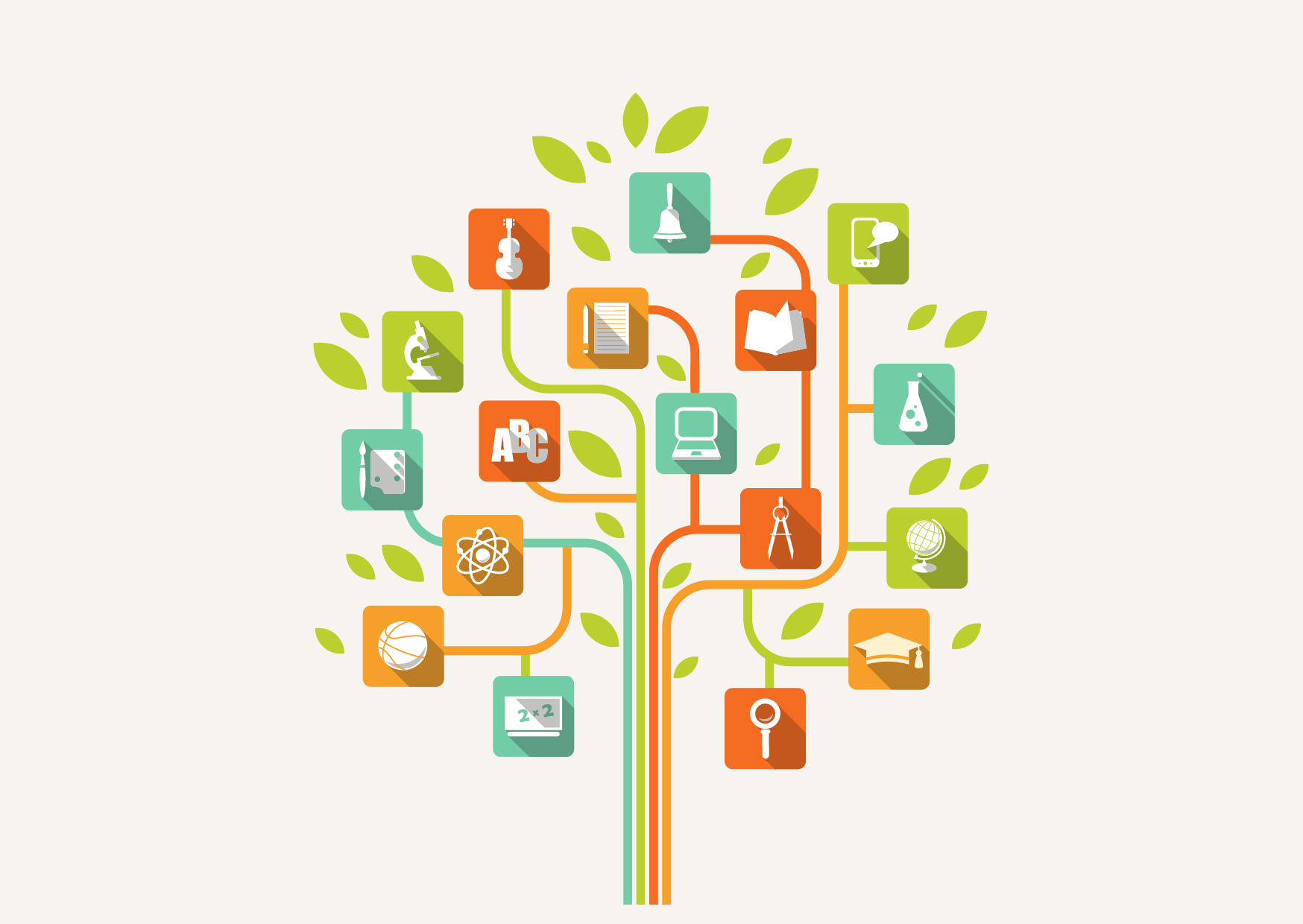
Learn. Adapt. Succeed: The Lifelong Learner's Approach.
“According to Darwin’s Origin of Species, it is not the most intellectual or the strongest that survives; but the one that is able best to adapt and adjust to the changing environment in which it finds itself.”― Leon C. Megginson
Learning Over Knowing
Forget the days when cramming facts for a test was the key to success; today, it's about your ability to learn new things quickly. This might sound daunting, but there’s just one important key to it all - embracing a growth mindset.
A growth mindset is the belief that abilities and intelligence can be developed through dedication and effort. The good news is that it’s possible to cultivate this by embracing challenges, persisting in the face of setbacks, and celebrating growth over achievement.
Learning Made Easy: Focus and Fun
The most important factor for learning successfully is focus. Instead of starting many things, set clear goals and prioritise courses that align with your desired outcome. Do you want to gain some knowledge? Complete a professional certification? Or just expand the depth of your understanding in a specific area? You can use the SMART Goal method covered in our Goal-setting blog to make a plan you can stick to.
Secondly, never forget that learning should be fun! Find a learning environment that works with your learning style, the more you enjoy your learning the more likely you are to stick with it and internalise the knowledge so you can put it to use.
Understanding your preferred learning style can personalise and speed up your learning journey. There are generally 4 main learning styles: visual, auditory, reading/writing, and kinesthetic. Here’s how to tailor your learning approach to each style:
Visual Learners: Visual learners appreciate clear visuals such as graphs, charts, and diagrams. If you’re a visual learner, seek out courses that include visual aids like infographics or slide presentations. You can also create your own visual aids, like mind maps or flowcharts to absorb the content better.
Auditory Learners: Auditory learners absorb information best through listening to lectures, discussions, and audio-based materials. If you’re an auditory learner, you should opt for podcasts, audiobooks, or recorded lectures. You can also utilise speech-to-text tools or record your own voice summarising key points to reinforce learning through auditory repetition.
Reading/Writing Learners: Reading and writing learners excel when presented with written information. If you’re a reading/writing learner, dive into textbooks, articles, and written guides. You can also take detailed notes during lectures or while reading, and rewrite key concepts in your own words for better retention.
Kinesthetic Learners: Kinesthetic learners learn best through hands-on experiences and physical movement. If you’re a kinesthetic learner, look for interactive learning opportunities, such as workshops, labs, or simulations. You can also incorporate physical activities into your study routine, like pacing while reciting information or using tactile objects for counting or sorting.
Lifelong Learning is Good for you
Learning isn't just good for your career; it's fantastic for you as a person!
Career Benefits: Being able to learn new skills helps you thrive in any economy. Take AI, for instance. People and businesses who can adapt and leverage AI tools quickly will have a significant advantage in the coming months and years.
Personal Benefits: Lifelong learning keeps your mind sharp, boosts your confidence, and fuels motivation. It also opens doors to explore your passions and build stronger relationships through shared learning experiences.
By embracing lifelong learning, you can adapt to changing environments and navigate them with confidence. So, what are you waiting for? Set yourself a SMART learning goal today!
You might want to check out Google AI Essentials, a short online course to teach you how to use AI in the real world!
*Megginson, ‘Lessons from Europe for American Business’, Southwestern Social Science Quarterly (1963) 44(1): 3-13, at p. 4.
